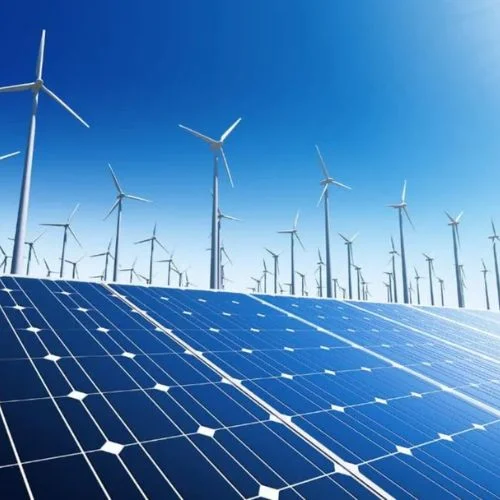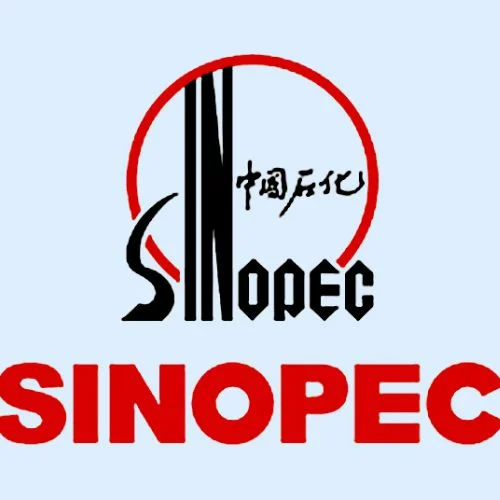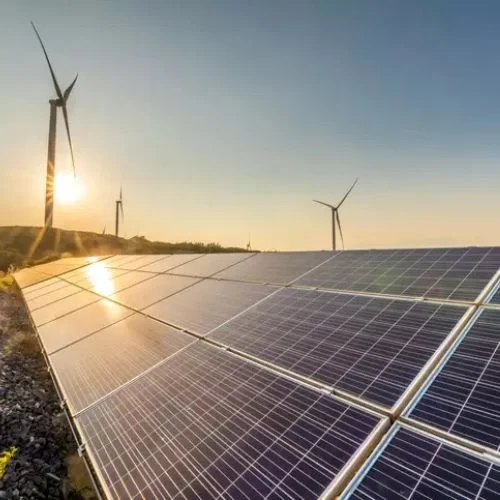Days before the United Nations COP28 climate summit, an official revealed that Indonesia hopes to unveil its $20 billion energy transition investment plan next month. Jakarta is attempting to settle concerns with funding and energy mix for the program.
The Just Energy Transition Partnership (JETP) project was supposed to begin in the middle of August, but officials were unable to do so because of issues ranging from disagreements over the project’s funding to how heavily Indonesia relies on coal.
The revised deadline is Nov. 1, with an official launch scheduled for Nov. 20 or so, according to Paul Butarbutar, deputy secretary of Indonesia’s JETP office.
Butarbutar responded, “We’re going to agree on the content first, but funding, etcetera, are a different matter, a matter for later.” When asked if the International Partners Group (IPG), which is made up of nations like the United States and Japan as well as development banks and private lenders, is expected to agree on the investment plan by then.
He didn’t want to go into more depth.
Following the IPG’s pledge to offer financial support through a combination of equity investments, grants, and concessional loans, Indonesia has agreed to limit and peak the carbon emissions from the power sector at 290 million metric tons by 2030 under the JETP.
The early retirement of coal-fired power stations, which is required to create room for renewable power projects, has been criticised by Indonesian officials as being difficult for Western nations to finance.
The world’s largest exporter of thermal coal, Indonesia, currently uses coal as fuel for more than half of its generating capacity.
In order to lower interest rates, Finance Minister Sri Mulyani Indrawati has also requested that the fund be expanded with more grants.
The August deadline was delayed, according to a former member of the JETP technical working group, since plans needed to take into account new coal power plant capacity being developed off-grid by industrial companies, particularly distant nickel smelters.
Previously, as part of a new policy, Indonesia previously outlawed goods transactions on social networking platforms, according to the country’s commerce minister. Jakarta is trying to control direct sales by large digital companies, which it claims are damaging millions of local businesses.
Government authorities have recently urged for the separation of social media and e-commerce, criticising certain platforms, including TikTok, a Chinese-owned short video app, for monopolistic activities that they claim endanger physical businesses.















